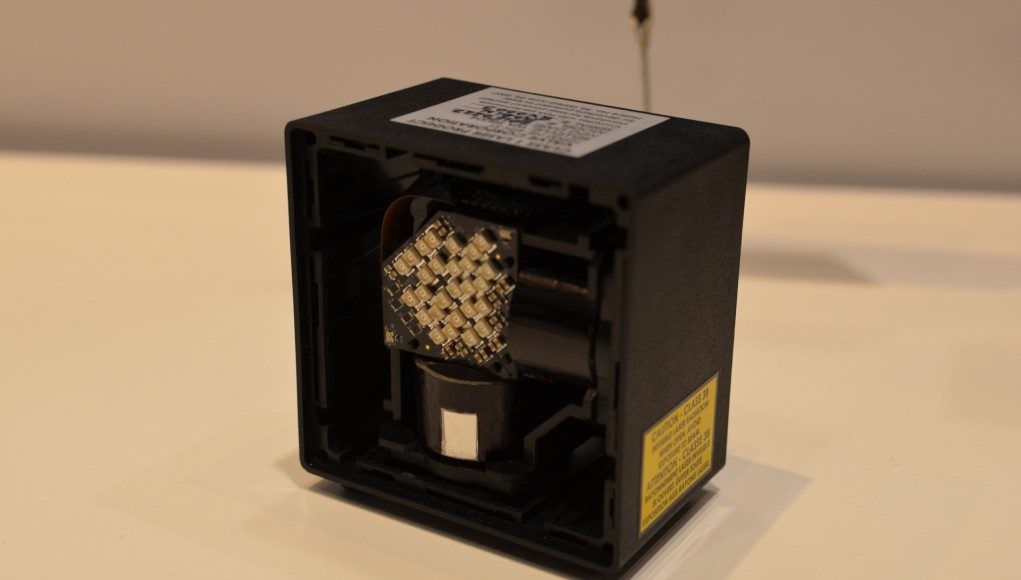
Lighthouse is Valve’s laser-based tracking system that forms the bedrock of Steam VR’s input system. Alan Yates, Hardware Engineer at Valve was a key player in the system’s design and implementation. Alan, frustrated with being asked the same questions over and over on Twitter, produced a nano-FAQ on Lighthouse. Here are the highlights.
Don’t worry – you’re not alone. I had no idea what a Pharology was either. It’s the term given to the scientific study of lighthouses, signal lights, their construction and illumination. It’s also forms part of the tongue-in-cheek job title Alan Yates, a Hardware Engineer at gaming giant Valve, that served as a knowing nod to the company’s secretive ‘Lighthouse’ project in which Yates has been actively involved prior ro it’s unveiling at GDC this year.
Lighthouse is a 3D spatial laser-tracking system designed by Valve primarily to solve hard problems surrounding virtual reality positional tracking, be it for their new Steam VR head mounted displays, such as HTC’s Vive or controller input for games based in Steam VR’s ecosystem. There are a lot of questions surrounding the system, which uses one or more laser-point producing ‘base stations’ which scan the room creating laser reference points which are picked up by sensors on controllers or headsets.
Since the system’s launch at GDC 2015 this week, Alan has clearly got a little tired of asking the same question over and over via social media and so produced a nano-FAQ comprising answers to questions he’s now regularly asked.
Use the navigation arrows above to move through the tweets.
We’ll be bringing you first hands experience using Lighthouse as part of Valve’s Steam VR demos very soon as the Road to VR team continue to report back from GDC 2015 in San Francisco.







